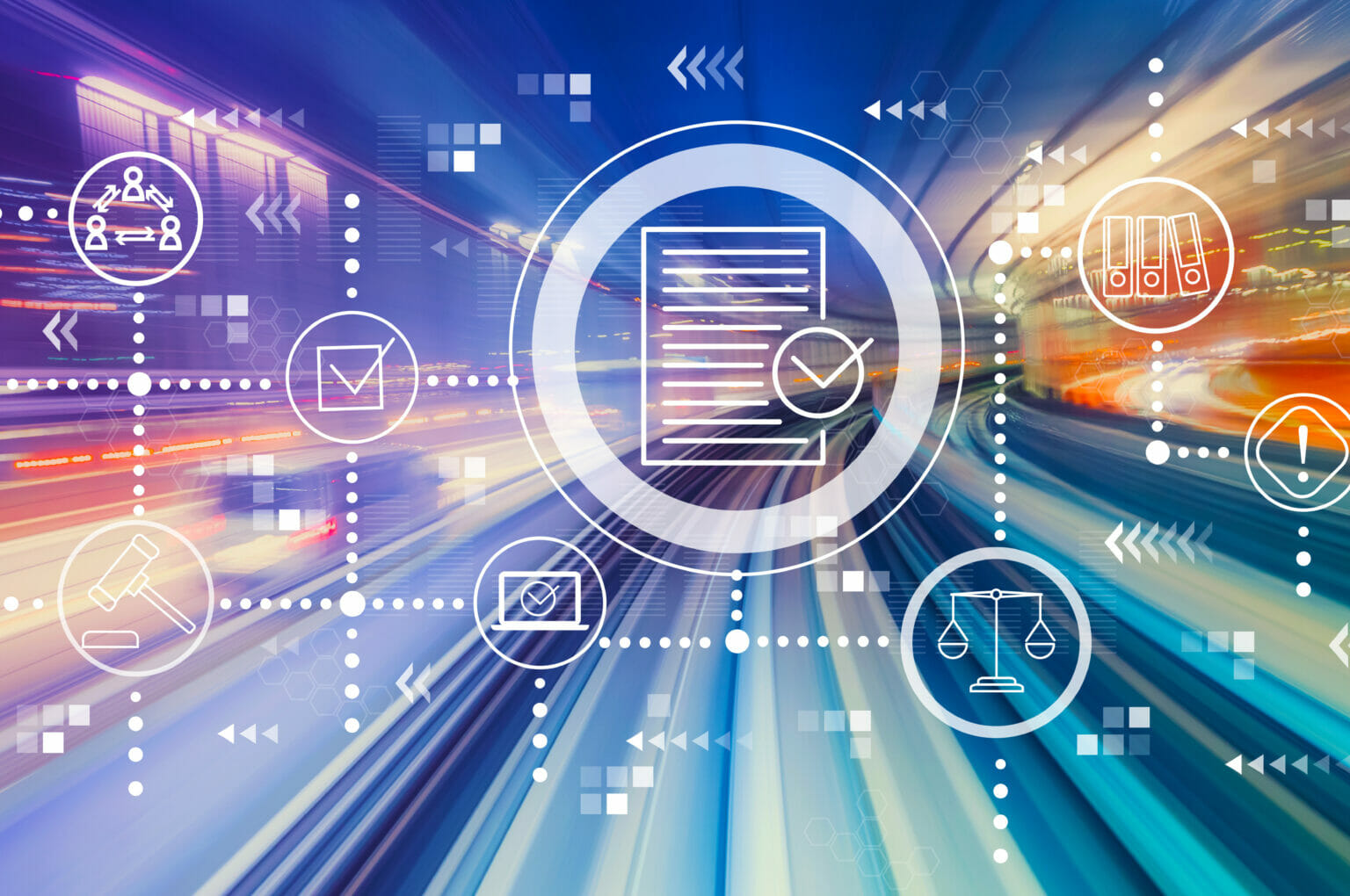What is the first thing that comes to mind when you hear the word “blockchain”?
What is the first thing that comes to mind when you hear the word “blockchain”?
Many of you are probably thinking “cryptocurrency.”
With good reason. After all, blockchain technology is at the heart of this new and exciting asset class.
Most of you probably wouldn’t say “secure supply chain management” or “secure data transfer.”
In fact, blockchain’s significance extends far beyond its role in the crypto world. In fact, even if the crypto world did not exist, blockchain would play an important role in the global economy.
Blockchain Fundamentals
Before proceeding, it is useful to review what blockchain is.
The term “blockchain” refers to “blocks” of validated, immutable transactions that are linked in chronological order to form a chain.
The most important aspect of each block is that it must be validated by all other network users before being added to the chain.
A block cannot be forged, nor can it be altered later.
In the cryptocurrency world, blockchain enables the creation of tokens (of which bitcoin is the largest and most well-known) that can be exchanged peer-to-peer (P2P): there is no need for an intermediary such as a bank.
In the case of bitcoin, for example, network operators validate transactions on the blockchain by solving a complex algorithm, a process known as bitcoin mining. As a result of adding transactions to the blockchain, miners are rewarded with bitcoin.
Blockchain is already being used extensively in global supply chains.
Supply chains, of course, involve a complex network of suppliers, manufacturers, shippers, and distributors.
With millions of items moving through supply chains at any given time, a key question is how to keep track of them all in a reliable and efficient manner.
Blockchain technology provides an answer. It establishes a shared network infrastructure through which an entire supply chain can view records of goods, transactions, and other data.
Goods, for example, can be equipped with blockchain-based tags that can be tracked all the way to the end user on the blockchain.
First, consider traceability. If a good is lost, its provenance can be easily traced thanks to its record on the blockchain.
Second, have faith. Because of the striking similarities between counterfeit and authentic goods, supply chains are frequently infiltrated unknowingly.
This not only funds criminal activity, but it can also jeopardise consumer health and safety and have negative financial and reputational consequences for businesses.
In fact, the global economic value of counterfeit goods and piracy could reach $2.3 trillion by the end of 2022.
The final advantage is product delivery. Because it eliminates the need for human intervention, blockchain enables faster and more cost-effective product delivery (and possible error).
Without a doubt, blockchain has what it takes to build functional and highly efficient supply-chain systems.

As you might expect, several companies are investigating its potential applications.
Ford, for example, is currently utilising a blockchain solution to assist in determining the provenance of its cobalt supplies. Cobalt is used in the manufacture of electric vehicle batteries.
In fact, over the last year, approximately 25% of businesses invested $10 million or more in resolving supply chain disruptions.
Blockchain technology could provide a viable solution.
According to a 2019 forecast, the blockchain supply chain market is expected to grow 13-fold from $253 million in 2020 to $3.27 billion by 2026.
Because the majority of blockchain supply chain stocks are micro-cap companies with little investor exposure, they command a premium.
However, some tech titans are entering the market.
IBM has its own blockchain solution called “IBM Blockchain,” which provides customers with supply chain management and transparency.
IBM, in particular, has deployed its solution to American retailer Walmart, which uses IBM Blockchain to track over 25 products from five different suppliers.
As previously stated, IBM is also in charge of tracking Ford’s cobalt supplies.
Oracle (NYSE: ORCL) has its own supply-chain solution as well.
Customers can monitor their supply chains using the company’s cloud-based blockchain offering.
It has specifically deployed its solution to Indian Oil, providing transparency on the origins of its oil supplies.
Blockchain technology is powering not only a new financial system, but also global supply-chain systems.
Blockchain has enormous potential. Over the next two years, expect to hear a lot more about it.
